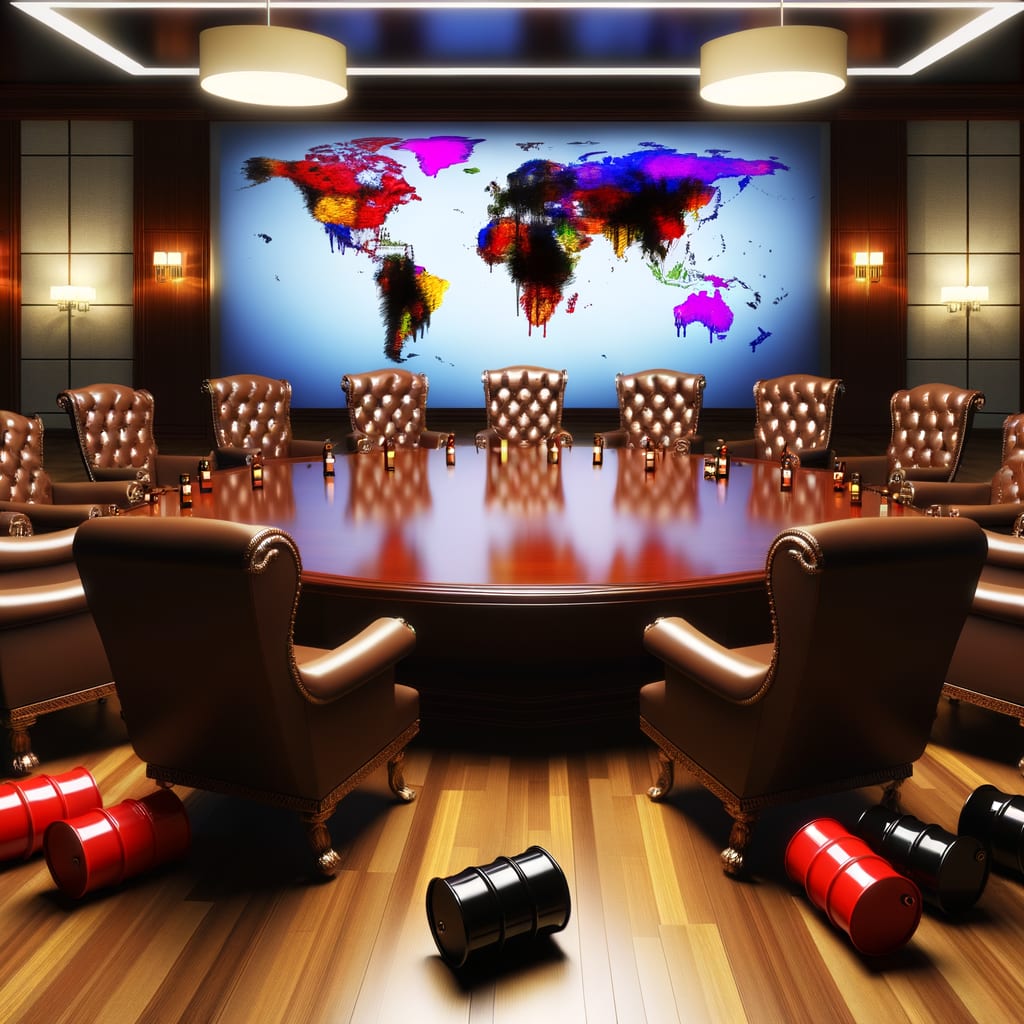US Tariffs Threat on Russian Oil Imports Strains International Relations
US President Donald Trump's threat to impose hefty tariffs on nations importing oil from Russia is sparking tensions among major global economies. India, China, and Russia have all expressed their disapproval of the US move, while the Trump administration appears to be standing its ground.
Background
The US is preparing to introduce secondary sanctions and tariffs against key importers of Russian oil, according to the US Ambassador to NATO, Matt Whitaker. This decision is being seen as a strategic attempt to bring the ongoing conflict in Ukraine to an end. President Trump has been particularly critical of India and China, the world’s top purchasers of Russian oil.
However, India's Foreign Ministry Spokesperson Randhir Jaiswal has contested this stance, pointing out that the US continues to import from Russia uranium hexafluoride for its nuclear industry, palladium for its EV industry, and fertilizers as well as chemicals.
Key Developments
Trump has threatened tariffs exceeding 25% on India if it continues to buy cheap oil from Moscow, a move that has put Indian Prime Minister Narendra Modi in a tight spot. India argues that the US has 'actively encouraged' Russian imports since the war in Ukraine and has called Trump's tariff pressure over Russian oil 'unjustified and unreasonable'.
Russia has also accused the US of exerting illegal trade pressure on India, stating that sovereign countries should have the right to choose their own trading partners. Former Russian President Dmitry Medvedev warned of the potential for war, to which Trump responded sternly, telling Medvedev to watch his words.
China, another major importer of Russian oil, is also standing firm against the US threats. Scott Bessent, Washington's Treasury Secretary, acknowledged that Beijing has stressed it would defend its energy sovereignty, despite the threat of US tariffs.
Implications and Reactions
Trump's tariff threats have had significant implications on international relations. His demand that India stop buying Russian oil puts Modi in a difficult position, challenging New Delhi’s non-alignment policy. The relationship between India and the US is facing one of its most significant challenges in decades as a result.
On the other hand, China's refusal to capitulate to US tariff threats underscores its mutually beneficial energy cooperation with Russia. Analysts expect that China will continue to buy oil from its northern neighbour, given that China's strategic goals require a stable and secure supply of critical resources such as oil.
Current Status
As of now, Trump has set an Aug. 8 deadline for Moscow to enter into a ceasefire in Ukraine or face stiff sanctions. His special envoy Steve Witkoff may travel to Russia just days before this deadline. However, the escalated deadline and looming threat of sanctions have done little to curb the Kremlin’s violence in Ukraine.
While the world watches and waits, the stand-off between these major global powers continues, with future international relations and the global economy hanging in the balance.

